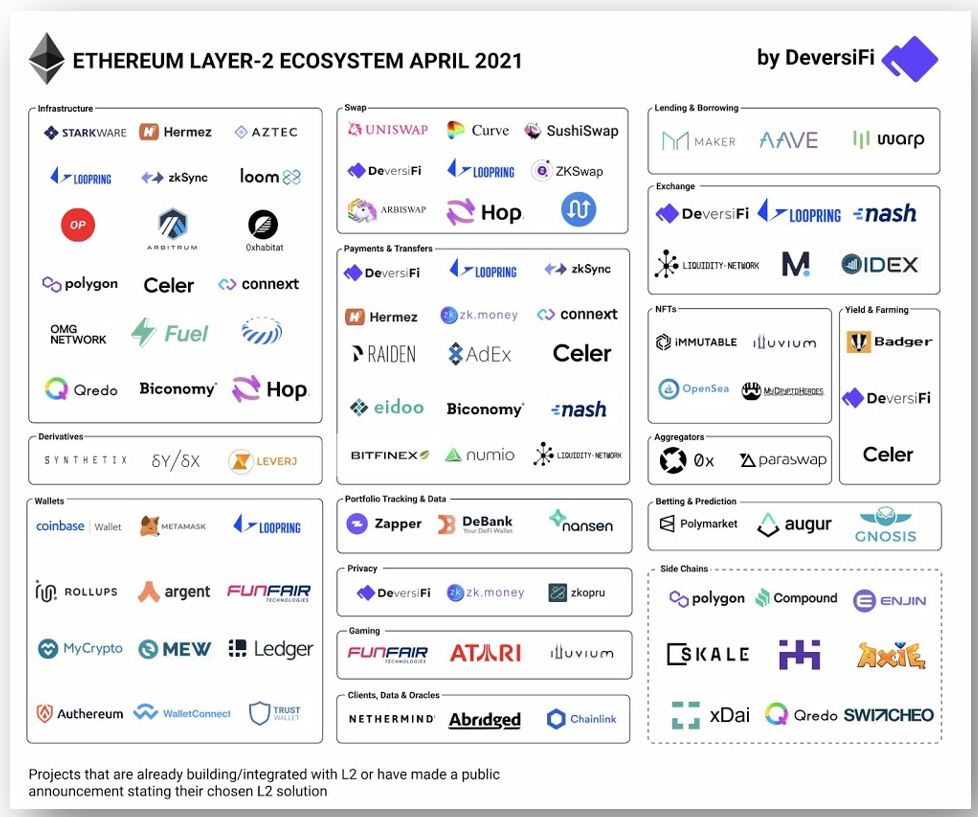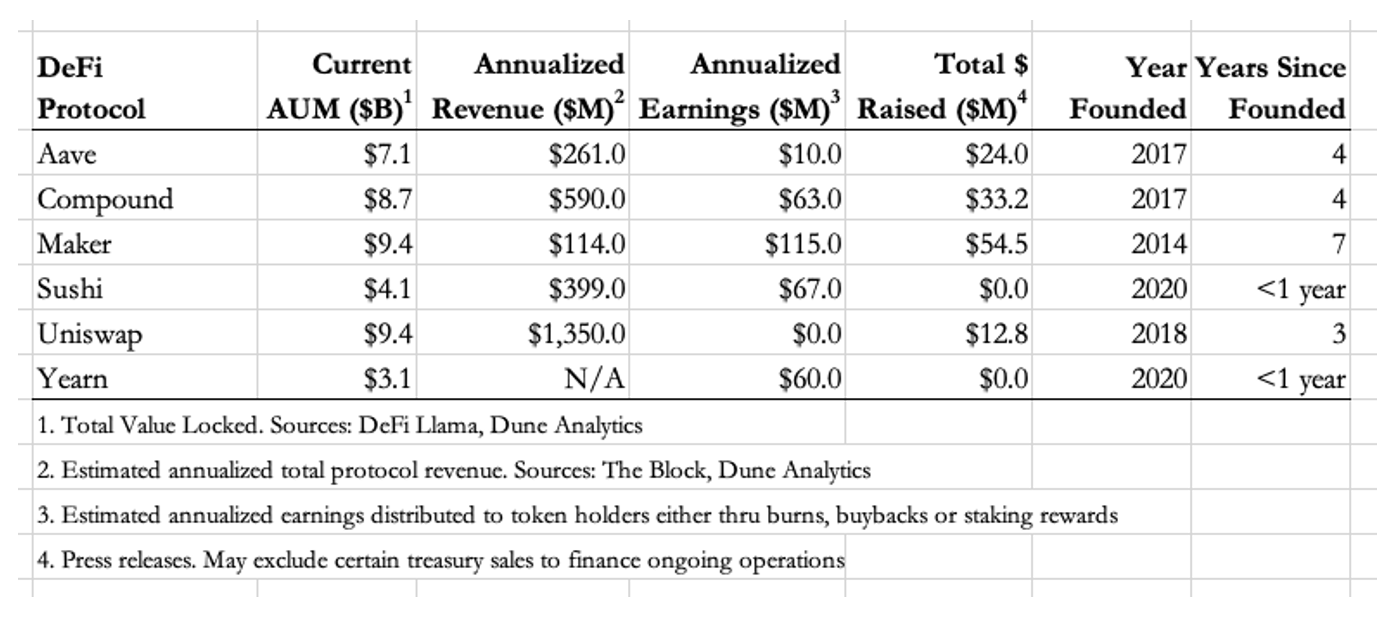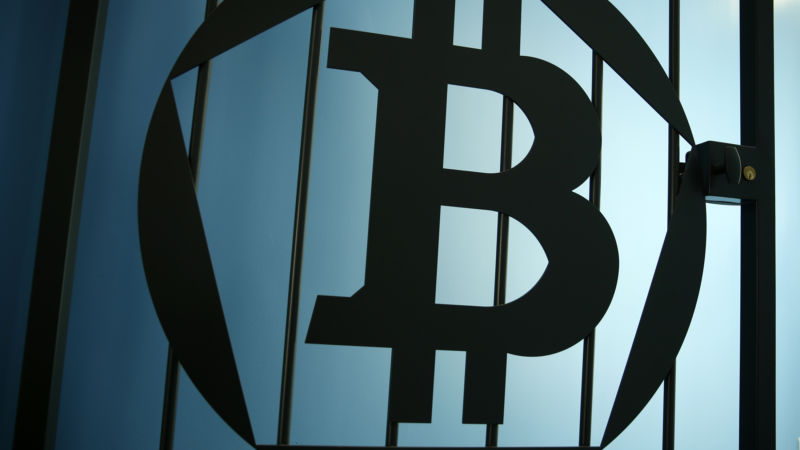Decentralized Finance (DeFi) is a multi-billion-dollar movement that may end up changing the way we all bank
In this two-part series, we look at Non-Fungible Tokens, explaining what they are and how they will impact numerous industries, including legal. In this second part, we discuss how decentralized finance (DeFi) will rewrite how our financial institutions work, impacting the banking industry, and ultimately moving legal contracts to code. You can see part 1 of this series, on Non-Fungible Tokens (NFTs), here.
Imagine a time where banks are not needed. Think about all the financial instruments we use today — currency, loans, insurance, bonds, credit cards, stocks, futures, options, interest bearing accounts — being converted to a new model, one that doesn’t require a traditional banking institution.
This is happening now. For those of you who sit on the bleeding edge of technology with me, this has been looming for a few years. However, I have purposely held off writing about it until the data was sound. Now, we have the data.
Decentralized Finance (DeFi) is a multi-billion-dollar movement involving several intermingled concepts. At its core it is blockchain-based and uses an immutable, trustless computer network that verifies transactions without human intervention. The most established platform on which DeFi is built is Ethereum, which was the first major blockchain to move beyond a simple currency replacement, such as Bitcoin. Instead, Ethereum has moved toward completely revolutionizing our ability to automate actions with the introduction of smart contracts, which themselves enable code to facilitate actions stored on that blockchain public ledger.
What is pivotal here is that you can establish complex financial ecosystems that run based on rules; thus, eliminating the need for traditional third parties, like banks and brokerage houses. These rules can dictate action, lock-in value, automate transactions, and create immense efficiencies in the marketplace at a fraction of the cost of our current systems.

There are hundreds of examples of DeFi applications on the Ethereum ecosystem today. For context, Ethereum has a $475 billion market capitalization, just shy of JPMorgan Chase and Visa, making it the 14th largest company in the world. We are extremely early, and I project Ethereum to be the most valuable asset in the world within the next few years; and there is $90 billion invested in Ethereum-based DeFi protocols as of this writing. Addressing concerns since its inception, the platform is currently being upgraded to speed transactions — that is, provide scalability — as well as moving from proof of work to proof of stake, meaning that the previous maladaptive environmental impact will be reduce dramatically.
Prepping for DeFi
Practically speaking, how does this all work, and where is it going? Your blockchain-based “digital wallet” — such MetaMask — is your new on-ramp to DeFi. This will be a nearly universal tool all over the world in the coming years. And while the majority of people in this space now use a wallet stored on a centralized exchange, the path forward will be to “own your own keys”, meaning the private and public keys (which are essentially two elongated number-letter strings) that prove you own that wallet. The private key is akin to your password and should never be given out, while the public key is your address (like your mailing address) to where people can send you assets.
When you use a central exchange, like Coinbase, you do not own your own keys. Once you own your wallet you can load any number of assets into that wallet, including Non-Fungible Tokens (NFTs). Soon this wallet will contain all your assets, including deeds to your house, car, health information, your own digital identity, and much more.
How do you interact with DeFi?
To navigate this process, you begin with an asset (like Ethereum, or ETH, for example) in your wallet. Now you have countless possibilities to go bankless. With that token, you can simply hold it and hope its value appreciates. Each token has a fluctuating value in currencies from around the world.
Another option would be to “stake” that token, which means you are paid to offer that token up as collateral to participate in the network which confirms transactions from one person to another. When you stake a token, a binding smart contract is being created on the blockchain. You are committing to offer your 1 ETH to the network for a set amount of time, and during that time, you may get 10% or more interest. The legal contract is in the code.
Progressing down the complexity scale of DeFi, nearly all financial instruments can be leveraged on this platform through various applications. You could loan out that 1 ETH and receive a yield, which tends to be very high these days, at around 7% to 100% per annum. There are hundreds of tokens on the Ethereum platform that have distinct purpose, although there are other competing blockchain platforms in this space. These platforms too are building out DeFi solutions.
One of the most prominent examples of DeFi is Uniswap. It is the most popular Ethereum-based decentralized exchange (DEX), which allows people to swap tokens that run on the Ethereum network. What is special about Uniswap is that it is an Automated Market Maker (AMM), which means it uses algorithms to price assets instead of buy and sell orders. Individuals can also earn money on the platform by providing liquidity by locking up tokens they own; others can then borrow the tokens and pay interest to the liquidity providers. All of this is using smart contract code without human intervention. All of these assets can be sent from one wallet to another without a bank — this DeFi in action now.

But what does this mean for the legal industry? In short order, government agencies, law firms, corporations, and others will be impacted by DeFi. Each party will need to look at it through their own lens, examine the benefits and understand the risks as well.
- If you are a law firm with a big bank as your client, partial short-term disruption is a risk. DeFi offers firms the opportunity to leveraging this technology for the “banks” of the future, which of course, will be code-based. The long-term disruption to the traditional banking sector is real. Unless banks can figure out how to compete when code can facilitate what they’ve been doing for the last 200 years.
- For government agencies that provide guidance, this technology can usher in opportunities that previously were only available to the wealthiest people and organizations. The vast amount of “unbanked” individuals — those without access to a bank or credit — can now participate in the economy. However, these same agencies need to determine if there are enough regulatory rails to prevent harm to individuals or businesses.
- As for corporations, if they see themselves as “middlemen” that facilitate loans or provide currency, bonds, credit cards, stocks, futures, options, or interest-bearing accounts, they might have to pivot.
DeFi will change the way we bank and interact with assets of all sizes. This shift is as large as the move onto the internet with the tokenization of all assets and value represented digitally.
The legal industry needs to lean into the conversation now, to better digest how to help their clients, and possibly properly guide regulation for the coming codification of our financial world. Because the next iteration of this space will be Decentralized Autonomous Exchanges (DAOs), which will not only impact the financial industry, but will carry over to any entity — firm, business, or government agency — that can and will be run by code.






